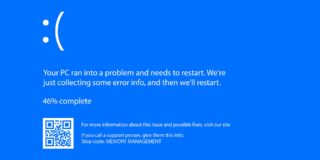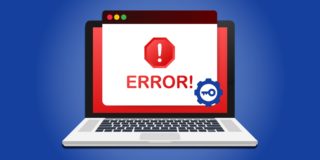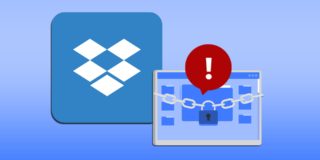What to consider when buying a new hard drive
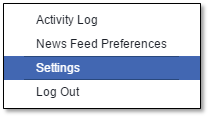
When you’re building a new computer, the hard drive of that computer is an important aspect of the build. Nowadays, there are a ton of different hard drives out there, each with their own advantages and disadvantages.
So what do you need to keep in mind when you’re picking out a hard drive for your build? Here are a few of the top things to consider.
Hard disk or solid state?
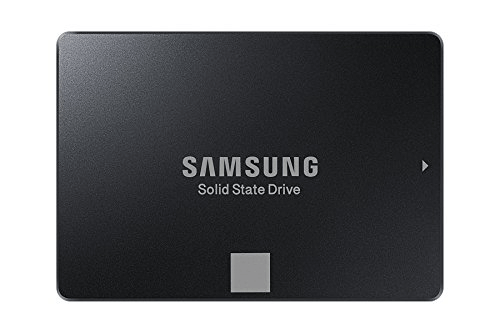 The first thing to consider is whether you want a hard disk drive or a solid state drive. For all intents and purposes, solid state drives are better — they’re faster, more reliable, more efficient, quieter, and should last much longer. The downside? I’m sure you can guess — the price. While solid state drives are getting cheaper over time, the fact is that they’re still pretty expensive, especially compared to their older hard disk siblings.
The first thing to consider is whether you want a hard disk drive or a solid state drive. For all intents and purposes, solid state drives are better — they’re faster, more reliable, more efficient, quieter, and should last much longer. The downside? I’m sure you can guess — the price. While solid state drives are getting cheaper over time, the fact is that they’re still pretty expensive, especially compared to their older hard disk siblings.
If you’re in a pinch when it comes to money, you’ll still get by perfectly well with a hard disk drive, but if you need to access massive amounts of data in short amounts of time, like if you’re a video editor or music producer, then a solid state drive may be a better option for you. If you can shell out the cash for a solid state drive, it may well be worth the price.
How big should your hard drive be?
After deciding whether you want a HDD or an SSD, you’ll want to consider how big or small you want your drive to be. There are two physical sizes generally used by computers today — 3.5-inches and 2.5-inches.
If you’re building a desktop computer, the size of drive you need will probably be 3.5-inches. Make sure you check with your case though — it would be a real bummer to get the wrong hard drive size. Many solid state drives are sold in the 2.5-inch form factor, so if you need the 3.5-inch form factor you may need to purchase an adapter on top of the actual drive.
Storage space
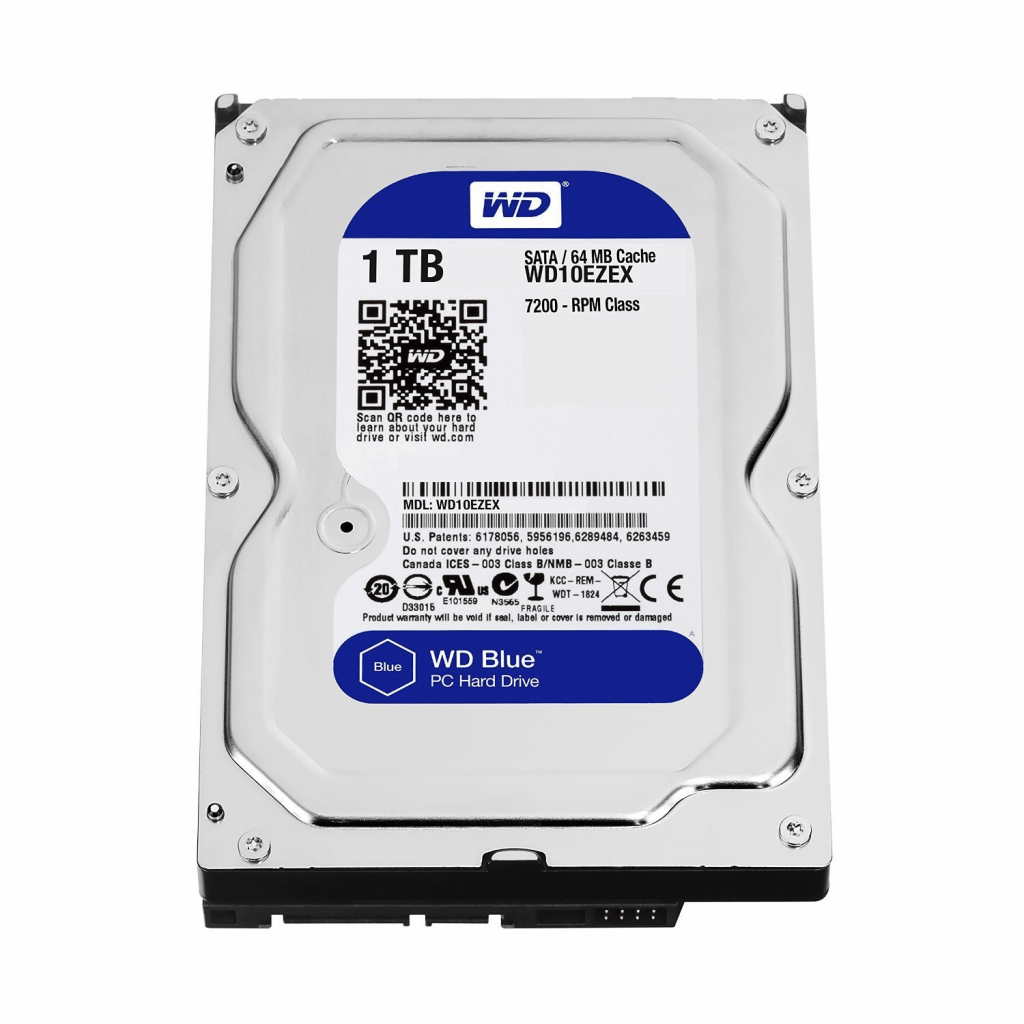 You’ll also need to decide how much actual space you want on your hard drive. If you get a HDD, you’ll be able to get anywhere from a few hundred megabytes, all the way to 16TB. Solid state drives are generally a little smaller, with the highest capacity drives currently coming out to around 4TB.
You’ll also need to decide how much actual space you want on your hard drive. If you get a HDD, you’ll be able to get anywhere from a few hundred megabytes, all the way to 16TB. Solid state drives are generally a little smaller, with the highest capacity drives currently coming out to around 4TB.
Of course, even 4TB is more than enough for most people. The rule here is basically that more space equals a higher price, or the more storage you need the more you’re going to have to pay. It’s also important to remember that you will probably need more space in the future than what you need now, so calculate exactly how much you need now, then add a little extra for the future.
Reliability
Of course, none of these specs really matter if the hard drive isn’t reliable, so the reliability of a hard drive is an important thing to keep in mind. When it comes to reliability, solid-state drives and hard disk drives fail in different ways and for different reasons.
For example, over time the performance of a solid state drive slows down. For that reason, it’s not really use that affects reliability, but rather age. When it comes to HDD drives, the opposite is true.
Brands also affect reliability, but there are dozens of brands out there. If you buy a hard drive from any of the major brands, you should be fine when it comes to reliability, but for more a more detailed look, head here.
Other specs
Apart from physical space and storage space, there are a few other specs you’ll need to consider. Here are the major points to keep in mind:
Cache: Hard drives use the cache to transfer data from one area of the drive to another. More cache space means that data transfers will be faster, because more data can be stored at any given time. Generally, cache spaces range from 8MB to 128MB.
Transfer speed: This one particularly effects hard disk drives. The transfer speed of data is largely defined by how many times per minute the disk spins. The two main speeds are 5400 RPM and 7200 RPM — 7200 RPM is always faster, and many people, including those that need access to data in large amounts and quickly, should opt for a 7200 RPM drive.
Conclusions
These are really the most important things to consider when you’re buying a new hard drive. Generally, the more you pay, the better hard drive you’re going to get.





